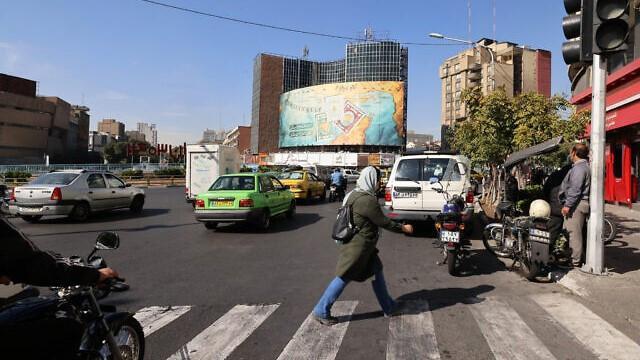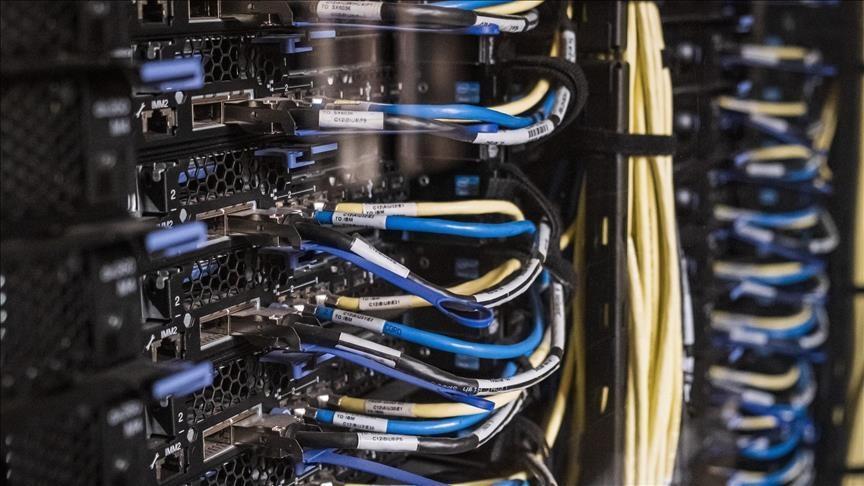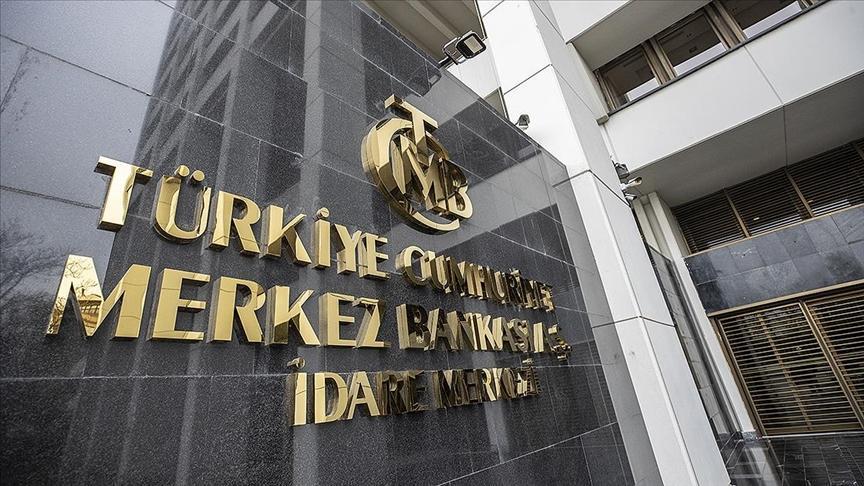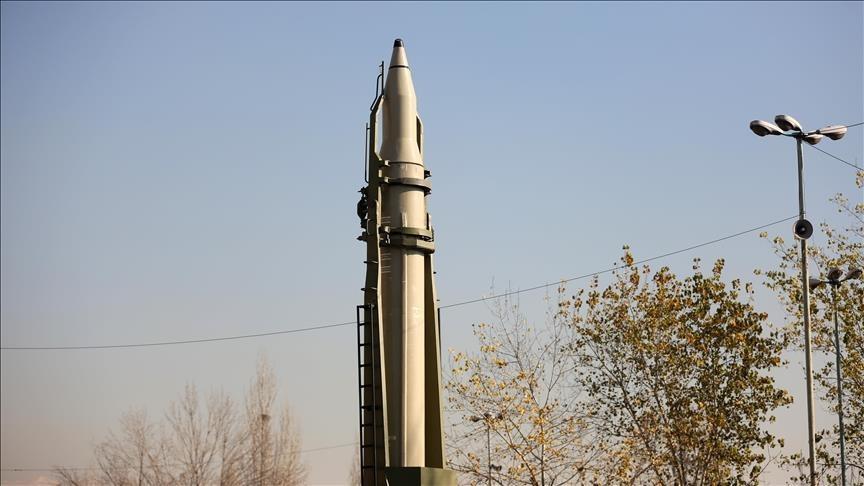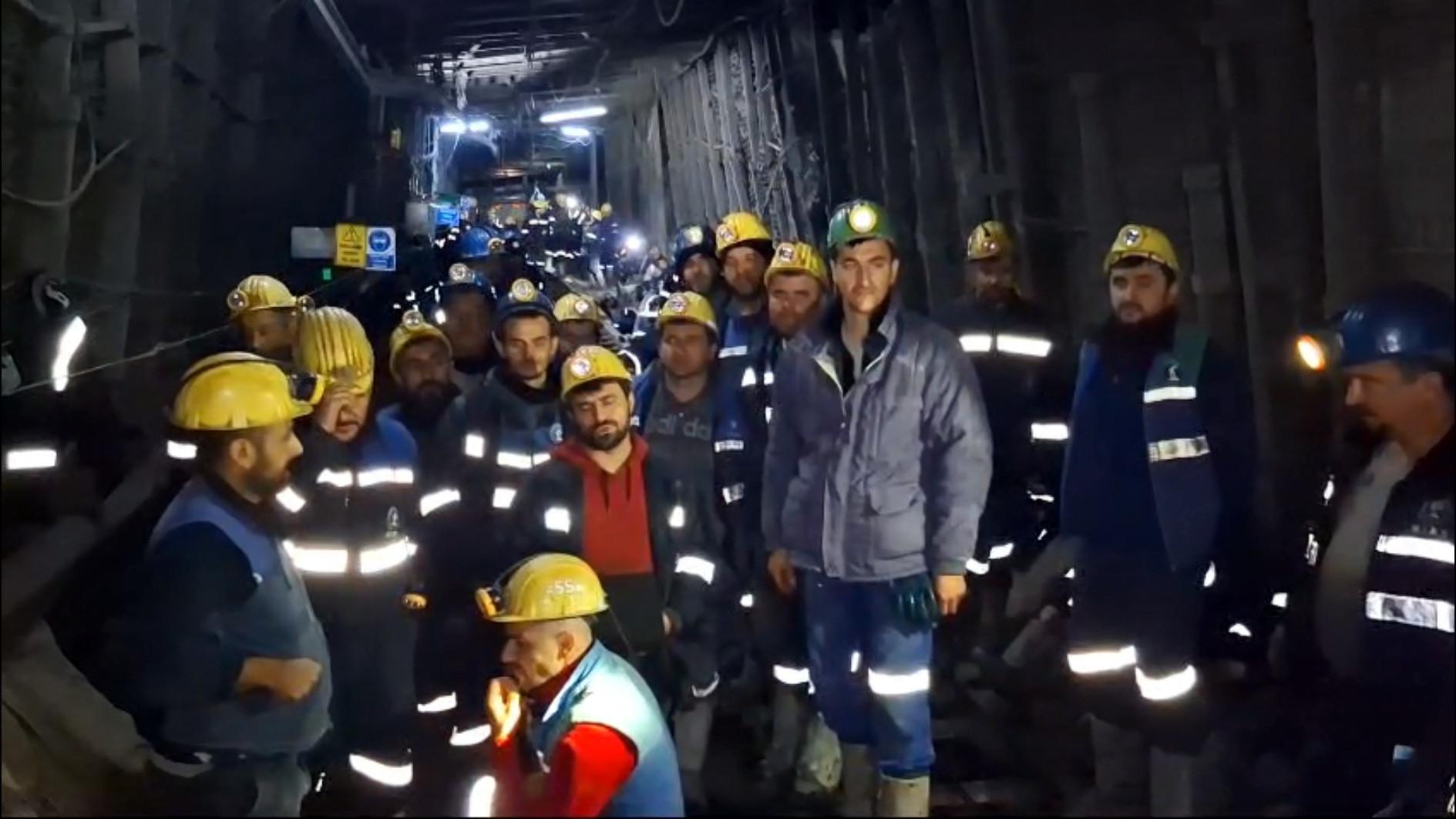Turkey seeks NATO’s support against terrorism
ISTANBUL

AA photo
Turkish President Recep Tayyip Erdoğan has demanded NATO and Western support for Turkey’s fight against terrorist organizations.“The support you will give to Turkey will make our fight against the terror organization that aims at our joint security stronger. We count on your support during our fight against structures [like] the FETÖ [Fethullahist Terror Organization],” Erdoğan said Nov. 21 at the NATO Parliamentary Assembly’s annual session in Istanbul.
Turkey accuses the U.S.-based Islamic preacher Fethullah Gülen and his supporters of orchestrating the failed coup attempt on July 15. Turkey launched a crackdown on the alleged supporters of the Gülen movement while also asking for Gülen’s extradition from the United States as well as the extradition of his supporters from other countries.
The U.S. and other countries have so far been slow to act in line with Turkey’s requests.
“Likewise, we expect your support for the struggle we are giving against all terrorist organizations, first and foremost Daesh and the PKK, that act jointly against humanity’s common values,” he added, using an Arabic acronym for the Islamic State of Iraq and the Levant (ISIL), while also referring to the outlawed Kurdistan Workers’ Party (PKK).
Erdoğan also criticized the EU over its stance on terror organizations, urging Brussels to take necessary measures to ban PKK activities in member countries.
“We want you to prevent members of terror organizations from acting comfortably in your countries, making propaganda, choosing militants and racketeering with threats. As a country that is a victim of terror, we cannot tolerate the fact that the PKK, which the EU has designated as a terror organization, roams so comfortably in EU member countries with posters of the chief terrorist [Abdullah Öcalan], also swarming with its banners in the corridors of the European Parliament building,” Erdoğan said.
“All our friends should take necessary precautions on this issue. Otherwise, terror will one day also hit them like a boomerang,” he added.
Erdoğan also stated that terrorist groups in Iraq and Syria were “using the weapons of friendly nations.”
“I have to explain the truth here: Do you know that there are weapons in the hands of organizations that we have declared as terrorists in Iraq and Syria that were produced by our friends? We know all those weapons, as well as their serial numbers. But when we tell [Western allies] about this, they don’t care,” he said.
He particularly referred to the Syrian Kurdish Democratic Union Party (PYD) and its military wing, the People’s Protection Unit (YPG), which Turkey says is organically linked to the PKK, but with which the U.S. has partnered with in the fight against ISIL.
Erdoğan said it was wrong to “treat one terrorist as good for fighting other terrorist organizations,” while describing Turkey as a “barrier” between terrorist organizations and the rest of the world.
“Turkey is in fact a barrier between terrorist organizations and the rest of the world, primarily Europe. If we fail in this fight, if this barrier collapses, then terrorists will bathe the whole world in fire and blood. Come, let’s strengthen this barrier instead of weakening it. Every support given to Turkey in the anti-terror fight will contribute to guaranteeing that country’s own future,” he added.
Meanwhile, main opposition Republican People’s Party (CHP) lawmaker Metin Lütfi Baydar was elected the vice-president of the NATO Parliamentary Assembly at the meeting in Istanbul on Nov. 21.
At the same meeting, People’s Democratic Party (HDP) lawmaker Ziya Pir was elected as the vice-president of a sub-committee of the NATO Parliamentary Assembly.


